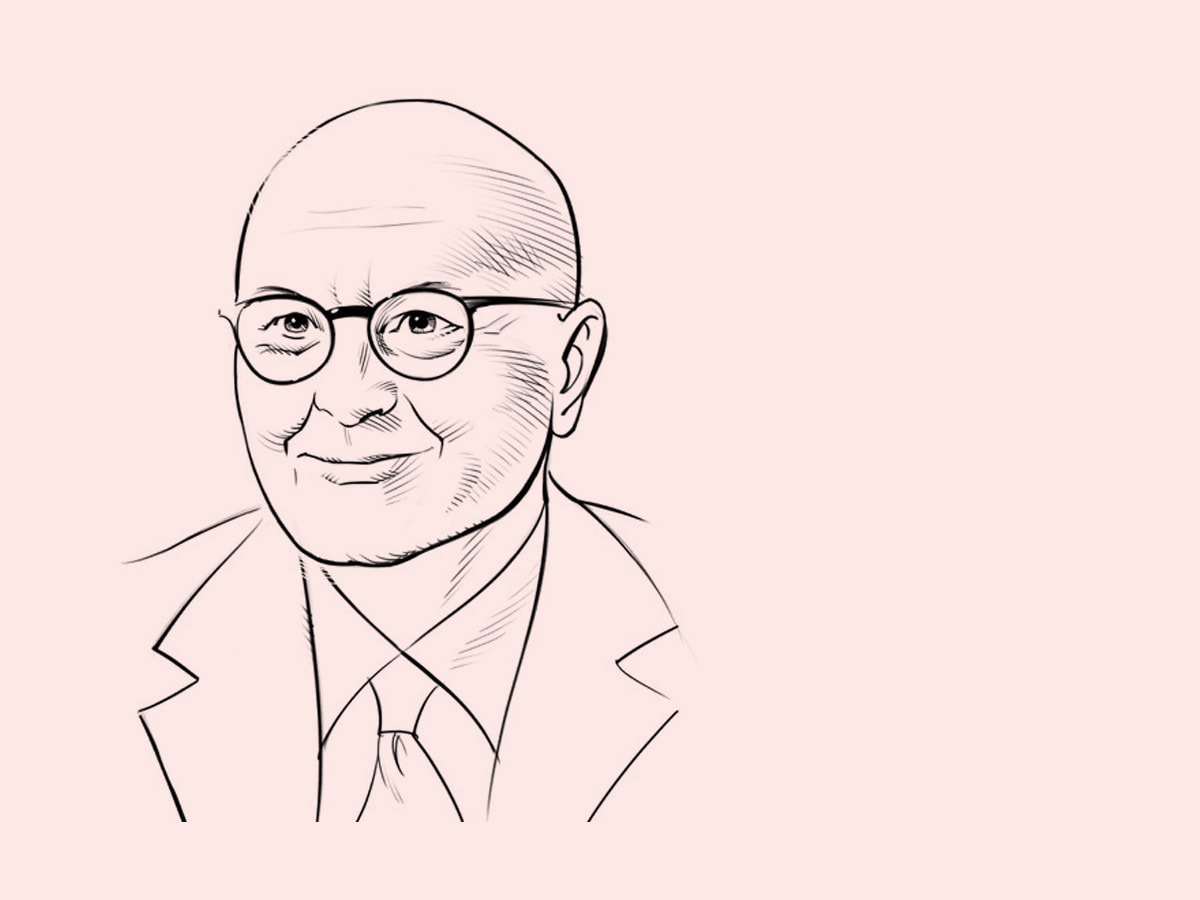Market volumes are overwhelmingly dominated by institutional investors and traders. The stock market is a mechanism for raising capital for firms and a second-hand market for those who have invested in these enterprises through shares.
The foreign exchange market is a global bureau de change for institutions and corporations. Commodities markets work as a venue for producers and consumers to buy and sell forward to improve their cash flows, whereas interest rate markets are venues for governments and corporations to raise money through issued debt. This is the primary purpose of these markets. But they need liquidity and so there is a layer of investment and speculative volume.
Institutional trader include those trading on behalf of large firms such as hedge funds and other large financial institutions, such as insurance companies and pension funds. They use computers to execute and invest in the markets. These programmes do what is often beyond human capacity.
“They use computers to execute and invest in the markets. These programmes do what is often beyond human capacity”
However, these big players also understand the importance of having participants who are there to react to bad news by saying “enough is enough” and “this is a bargain”. Otherwise, market movements would be more volatile, as all the institutions are bullish or bearish together.
The markets are filled with guest traders, small speculators and investors. However, many are undertrained, ill-informed and undercapitalised for the risk they are taking, which can lead to them complaining that institutional traders are “out to get them”. This is simply not true.
Institutional traders do not know or care who these guest traders are. It’s more likely a case of them simply being run over by the big transactions, as it is not worth an institution or algorithm’s time to gun for retail stop-loss orders. Getting it right would not be worthwhile to them. They need to play with bigger sized orders, which is why they pay no attention whatsoever to the small positions they may take out on the way.
“Institutional traders do not know or care who these guest traders are. It’s more likely a case of them simply being run over by the big transactions, as it is not worth an institution or algorithm’s time to gun for retail stop-loss orders”
They want someone to blame, but they are just tolerated guests in a heavyweight’s market. The idea that the institutions are out to get them is a fallacy. The institutions do not care. What may be true, however, is that retails investors are at a disadvantage due to economies of scale, the large pools of capital institutional traders can invest and their access to highly complex algorithmic methods that allows for an edge that most retail traders do not have access too.
So, why do people feel there is an institutional conspiracy to make their lives miserable? Usually, it is because they place their stop-loss orders badly, at obvious places and often too close for instance. They are forced to do this because of a lack of capital and ability to diversify or hedge.
Rather than blaming a conspiracy, retail investors can arm themselves by better understanding the workings of dark pools, or how high-frequency trading operates – and can be embraced or counteracted. Through a better understanding of the advantages heavyweight institutions have, they may begin to develop a strategy that takes this in to account. Also, they can identify and adopt the strategies in which they are at no disadvantage at all to institutions.
“Through a better understanding of the advantages heavyweight institutions have, they may begin to develop a strategy that takes this in to account”
About the author
Trevor Neil is a technical analyst and fund manager. He has been working in the City for over 40 years, starting at just 18 years old as a floor trader on the London Commodities Exchange for Merrill Lynch. He has written several books, frequently speaks at conferences and is a member of the International Federation of Technical Analysts.
Disclaimer Past performance is not a reliable indicator of future results.
CMC Markets is an execution-only service provider. The material (whether or not it states any opinions) is for general information purposes only, and does not take into account your personal circumstances or objectives. Nothing in this material is (or should be considered to be) financial, investment or other advice on which reliance should be placed. No opinion given in the material constitutes a recommendation by CMC Markets or the author that any particular investment, security, transaction or investment strategy is suitable for any specific person.
The material has not been prepared in accordance with legal requirements designed to promote the independence of investment research. Although we are not specifically prevented from dealing before providing this material, we do not seek to take advantage of the material prior to its dissemination.
CMC Markets does not endorse or offer opinion on the trading strategies used by the author. Their trading strategies do not guarantee any return and CMC Markets shall not be held responsible for any loss that you may incur, either directly or indirectly, arising from any investment based on any information contained herein.
*Tax treatment depends on individual circumstances and can change or may differ in a jurisdiction other than the UK.
Continue reading for FREE
- Includes free newsletter updates, unsubscribe anytime. Privacy policy





